Tata Literature Live!
Word Count: Reading Like A Writer
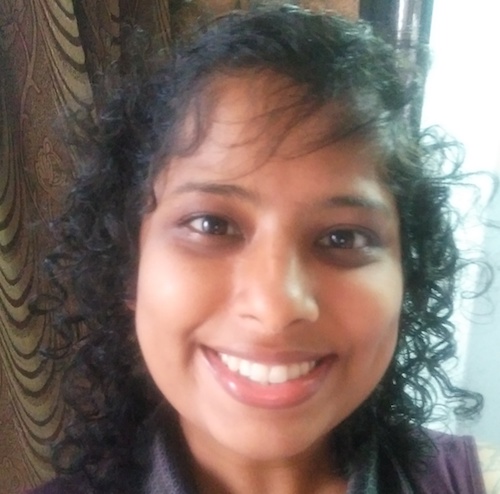
Deepti Thomas
November 22, 2017
This article is part of our special coverage of Tata Lit Live!, a Bombay-based lit fest held between November 16, 2017, and November 19, 2017.
The intent of this panel discussion was to have writers share their views on reading and how they, as writers, approach books. The panel had a mix of internationally acclaimed authors: Meg Rosoff (2016 winner of the Astrid Lindgren Memorial Award); Nell Leyshon (playwright, novelist, and Trustee of the Globe Theatre); and Sergio Chejfec, (Argentine essayist and fiction writer). The session was chaired by Chandrahas Choudhury (author of Arzee the Dwarf).
Choudhury began the session by asking the panel about the kind of books they read. This set the tone for the lively discussion that ensued with the audience hanging on to every word. Deviating from the subject at hand, the speakers discussed how the process of writing a book compares to the process of reading one; what writing means to them and why they write; and the kind of books they read and don’t read, amongst other topics.
Chefjec searches for meaning in everything he writes and keeps modifying the writing to make sense to the writer within. He opined that writing is different from other art forms since writers share the same medium as the reader. Unlike sculptors or painters whose works are far more open to interpretation, writers are able to express themselves more clearly through words. Whether this makes it easier or harder for the writer to communicate their intent is debatable.
Rosoff put forth that while, for a reader, there is linearity in the unveiling of the story as created by the authors, writing it is a chaotic evolution of the storyline with the need to go back and forth, building upon the story as she continues writing. It is messy until the end, but it all makes sense when you write what you resonate with and ideas that move you. There was a common consensus that the process involved in writing a book is just the opposite of reading one.
For Leyshon, the books we read have a knack for residing in our subconscious mind, forming patterns, and giving rise to a myriad of linguistic possibilities that turn into ideas. Having said that, your perception of the book varies depending on when you read it. The best books make the reader think; they make him work things out for himself rather than have them handed to him on a platter. She writes her books with the intention of making the reader concretize the story internally and make it whole.
One of the most revelatory moments for me was when all the three authors concurred with, “I write to know what I think”. Rosoff said, at most times in the book, she is as uncertain as the reader, as to how the story ends.
For Rosoff, writing is a layered art. When you are done writing, you assume you’ve understood everything you’ve written. But sometimes, at a later date, the depth of what you created hits you and you are blown away by the beauty of it. She called it “The Writer’s Magic”, where there is no conscious control over what happens when one writes; it’s like a split between the conscious and the subconscious mind and, by the end of it, the writer is mesmerized by how it turns out. However, as a practice, she never re-reads her work once it is published for fear of finding typos.
Leyshon mentioned that in the case of plays, the motivation of the author is absolutely clear from the start, and that is because of the difference between ‘literature time’ and ‘real time’. In books, the sequence of time isn’t always linear, and the reader has the flexibility of going back and forth as well as exploring a character or a storyline. Further, it isn’t necessary to have a clear timeline in books, and the author has the option to play around and make it non-linear. On the other hand, plays usually follow a single timeline and what is presented to the viewer, in real time, is what they know of the character or story and they do not have the option of going back and forth to explore them/it.
While writing, the panel mentioned they never think of the reader or the publisher or the possible censorship that could occur. Leyshon refers to the process of writing as akin to creating music. Each construct has a different beat to it. If the rhythm breaks, you re-rewrite till the words flow as a symphony.
Speaking on the how critical the quality of writing is, Leyshon and Rosoff wondered how Jeffery Archer and Dan Brown sell so many books. Rosoff even related a story of how she ended a friendship because her erstwhile friend was reading Dan Brown. She went so far as to be dismissive of the importance of a plot considering the quality of writing to be a better standard for judging a book.
That made me wonder: How do we differentiate a book with a not-so-compelling storyline but brilliant writing versus one with a racy plot but bad writing?
What do you think? Which is more important to you- the quality of writing or the plot? Would you rather read a badly written book which keeps you on the edge or a ‘literary’ work which may take a while to get hooked on? Share with us in the comments below.
Receive articles like this in your inbox. Subscribe to our weekly newsletter and get the best of what to read from around the web.

Deepti Thomas
Deepti Thomas is a solo traveler and a storyteller at heart. She wonders if there is a Latin version of 'I write therefore I think'. She is often found lost in the passages of either a crime thriller or in the world of Tibetan Energy Medicine with the eternal hope of writing a book she would understand one day.
She works as a freelancer with The Curious Reader and also runs a home bakery for ketogenic desserts. Follow her on Instagram.

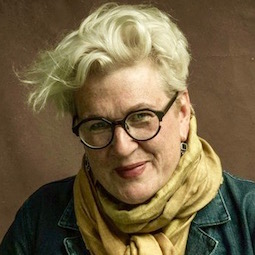
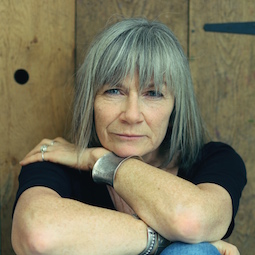
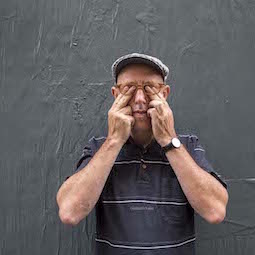
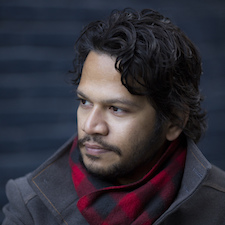

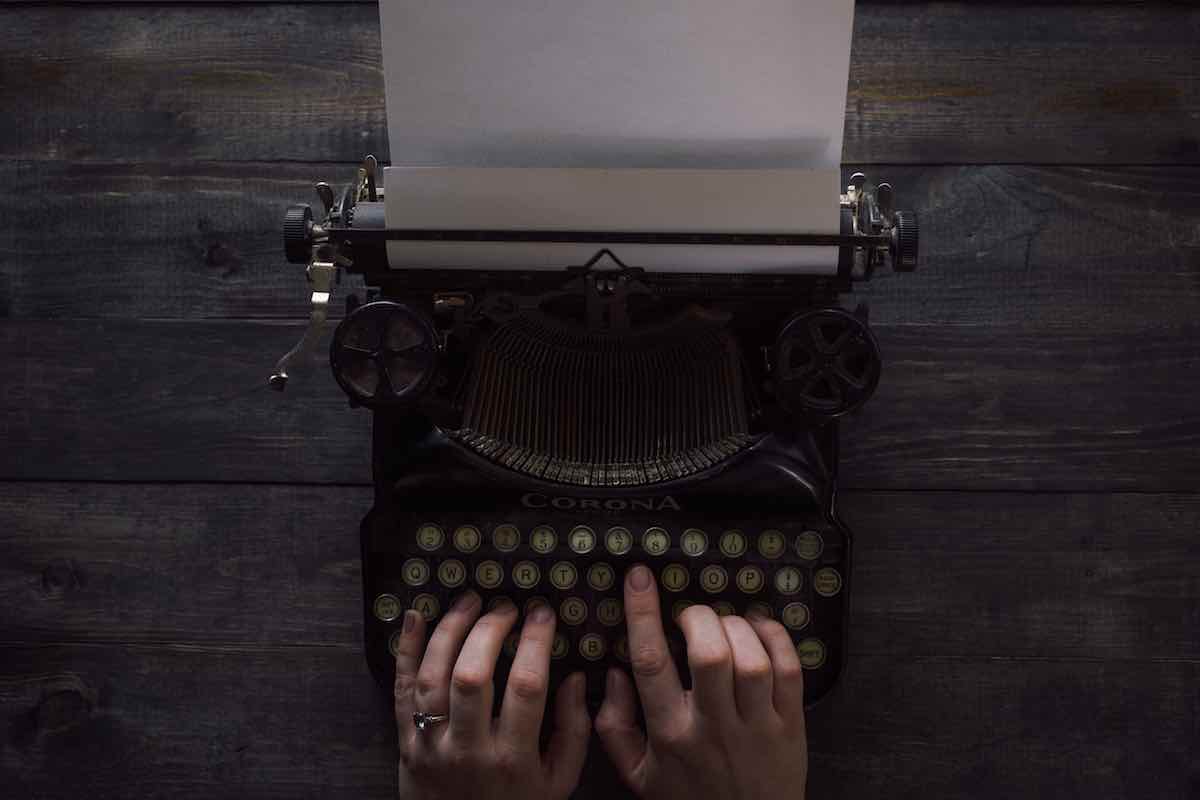
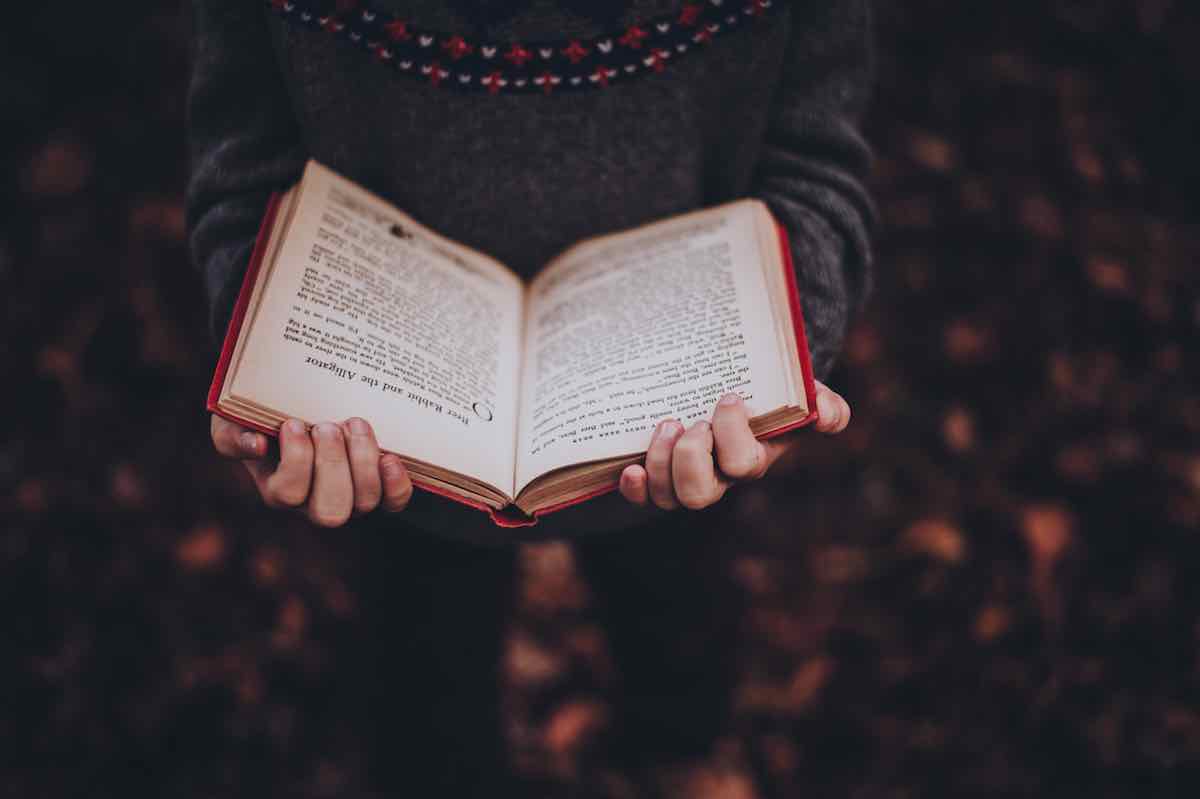


What a superb website! A lovely place for readers and writers to interact and share their thoughts! Let’s hear more from this space!
Thank you so much for your kind words, Dhanwanti. Glad you liked the website. Do let us know if you have any feedback and please spread the word!